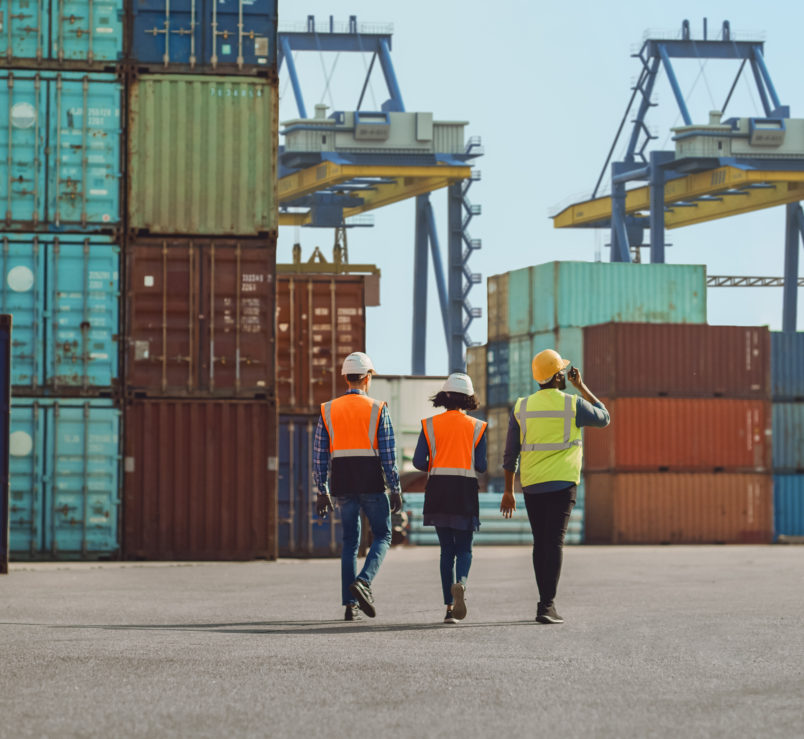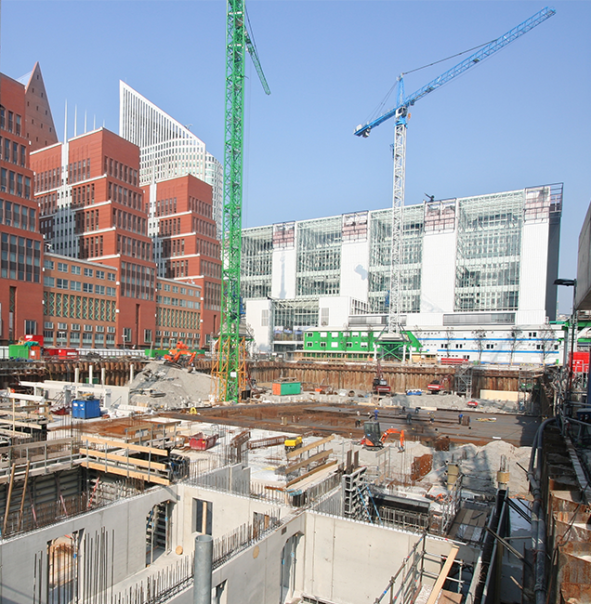Trends, challenges and opportunities in the EU transport labour market
With more than 10 million employees, the different transport modes and related sectors contribute to around 5% of employment in the EU’s labour market. All transport modes are currently experiencing a transformation due to new disruptive technologies. Transport and mobility sectors are also key elements of the transition towards decarbonisation. The transition will have significant effects on the business and the workforce.
Background
Ecorys conducted a study for the European Parliament’s Committee on Transport and Tourism (TRAN Committee). This study provides a comprehensive review of the transport labour market trends in the EU, the challenges and the future prospects that transport workers and undertakings are confronted with, notably for digitalisation, automation and decarbonisation processes. It also addresses the impacts on the EU transport labour market in terms of number of jobs, job structure by age, workers’ skills, working conditions, shortage of workers and attractiveness of the occupations. The study was completed by authors from Ecorys and Wmp consult (Eckhard Voss). It was part of a research project that aims to inform Members of the European Parliament’s Committee on Transport and Tourism on the subject of trends, challenges and opportunities in the EU transport labour market.
Key findings
The transport sector has seen a growth in employment due to economic trends and the evolution of new forms of mobility and this growth is expected to continue in the future. However, the sector faces challenges in attracting younger workers due to demographic factors, such as the high average age of workers, and increased competition based on costs.
The study highlights the impact of digitalisation and automation, which are strong trends in all transport segments. As disruptive technologies and processes such as automation and AI mature, these trends will likely have a significant impact over the coming 10-15 years. This will affect skills needs and occupational profiles in the transport sector, leading to stronger competition for young talent in engineering, MINT (mathematics, information technology, natural sciences, technology), and IT jobs. Manual workers in technical positions, operations, and infrastructure will face upskilling needs concerning IT and transversal skills.
Decarbonisation is another key aspect. The expected change in the share of different modes of transport due to decarbonisation will impact current and future workforce requirements.
Finally, the study emphasises the need for stronger coordination, legal frameworks, and guidance at the EU level to implement the goals of sustainable and smart mobility and organise just transitions for workforces in transport. The study concludes by providing cross-cutting policy recommendations and specific recommendations for all transport modes.
Links

22 March 2024
2 minute read
Key Experts
Andrea Broughton
Director
Jasper Tanis
Senior Consultant
Marco Brambilla
Senior Consultant



